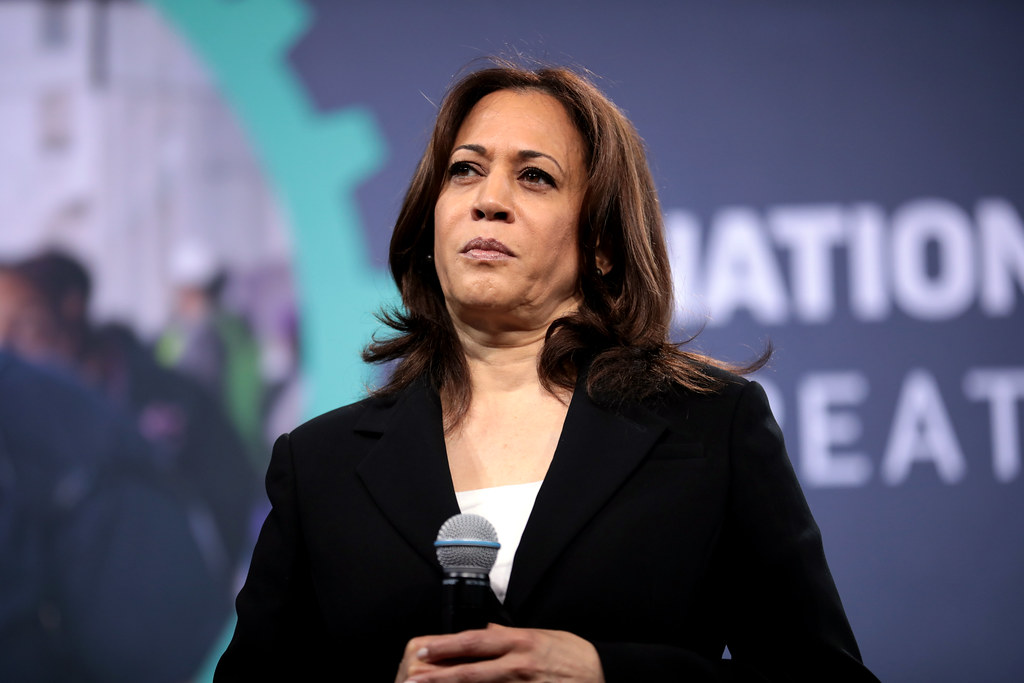
Vice President Kamala Harris is set to propose a substantial tax incentive for new small businesses, enhancing her economic policy platform as she prepares for an upcoming debate with former President Donald Trump. A campaign official revealed that Harris plans to introduce a $50,000 tax benefit, aimed at significantly expanding an existing $5,000 deduction for startups. This move is part of a broader initiative to foster entrepreneurship and is designed to contrast sharply with Trump’s economic strategies, which include cuts to corporate tax rates and maintaining lower taxes for the wealthy.
Harris’s proposal, which will be officially unveiled in a speech in New Hampshire on Wednesday, seeks to invigorate the small business sector by increasing the tax deduction tenfold. The plan is expected to include additional measures to simplify tax filings for small firms, reduce barriers for occupational licenses, and provide state and local incentives to encourage startup formation.
Strategic Economic Vision
The proposed tax benefits align with Harris’s economic vision, which has emphasized a stronger federal role in the economy compared to her Democratic predecessors. Her economic policies, introduced last month, adopt a populist tone with proposals for new housing subsidies, a $6,000 child benefit for newborns, and a federal ban on price gouging in the food sector. The focus on small businesses is likely intended to moderate views of her as overly liberal by reassuring fiscal conservatives and centrist voters.
| Policy Focus | Kamala Harris | Donald Trump |
|---|---|---|
| Corporate Tax Rates | Supports increasing rates for corporations | Plans to reduce to as low as 15% |
| Small Business Support | $50,000 tax deduction for startups | 20% deduction for S-corporations |
| Individual Tax Rates | Preserves current rates | Further cuts to individual tax rates |
| Regulatory Approach | Emphasizes federal intervention | Advocates reducing federal regulations |
While the tax incentive is poised to attract support from the small business community, policymakers have historically found it challenging to craft measures that effectively stimulate small business growth. Despite these difficulties, the Harris campaign is optimistic that the enhanced tax benefit will lead to an increase in business applications, aiming for 25 million new applications in her first term, building on the 19 million recorded during the Biden administration.
Economic analysts like John Lettieri, president of the Economic Innovation Group, suggest that while federal tax liabilities are not the primary driver for new business formation, enhancing the startup deduction could foster a more favorable environment for entrepreneurs.
Policy Debates and Political Responses
The Republican response has been critical of the Biden administration’s approach, with Trump’s campaign advocating for further tax cuts as a superior method for economic growth. The upcoming policy announcement by Harris is also anticipated to address broader tax reforms, potentially including measures like a billionaire tax and higher corporate taxes previously supported by Biden.
Vice President Kamala Harris’s proposal for a $50,000 tax benefit for new small businesses highlights a key aspect of her strategy to stimulate economic growth through entrepreneurship. This policy initiative not only seeks to enhance the conditions for starting new businesses but also positions Harris distinctly from her political opponents, advocating for a blend of populist economic measures and strategic federal support. As the debate stage looms, the economic policies of both candidates will likely be scrutinized for their potential impacts on the broader economy and their ability to address the needs of America’s small business sector.
This policy proposal underscores the differing visions between Harris and Trump, setting the stage for a pivotal discussion on the future of America’s economic landscape in their upcoming debate.
Featured image credit: Gage Skidmore via Flickr
Follow us for more breaking news on DMR
